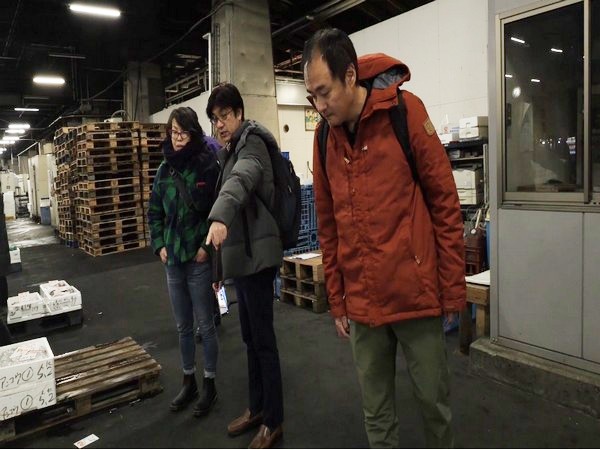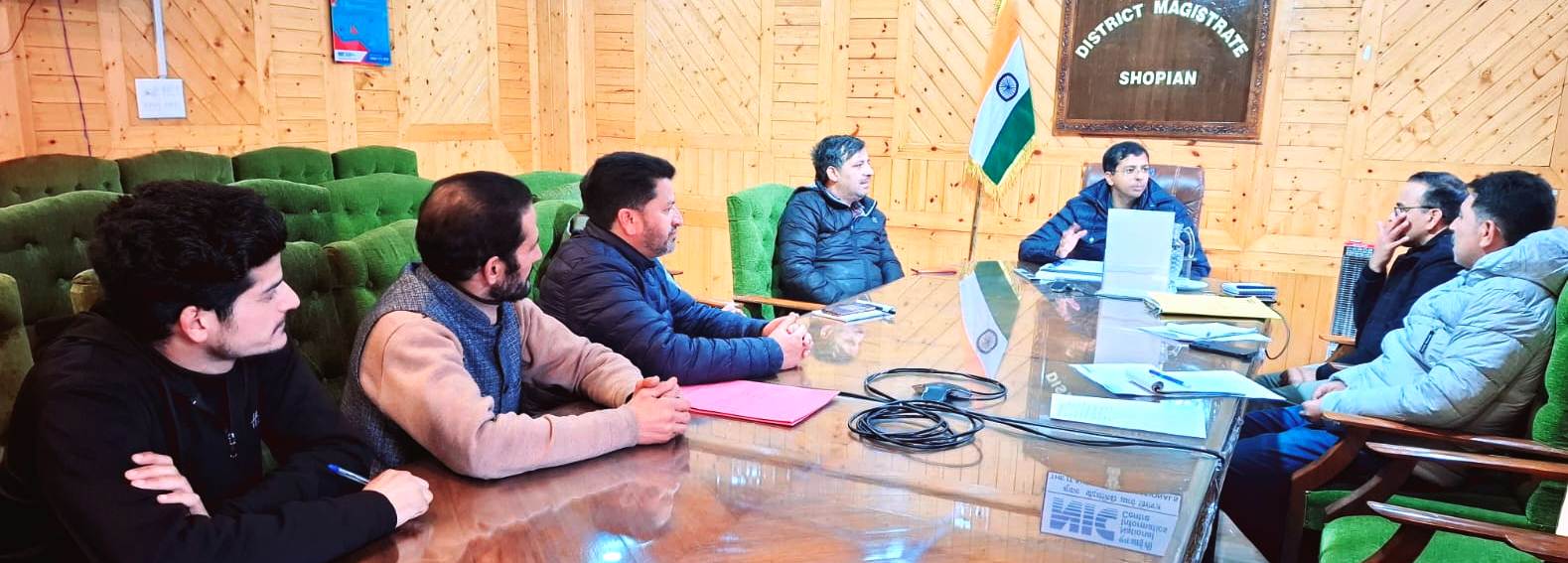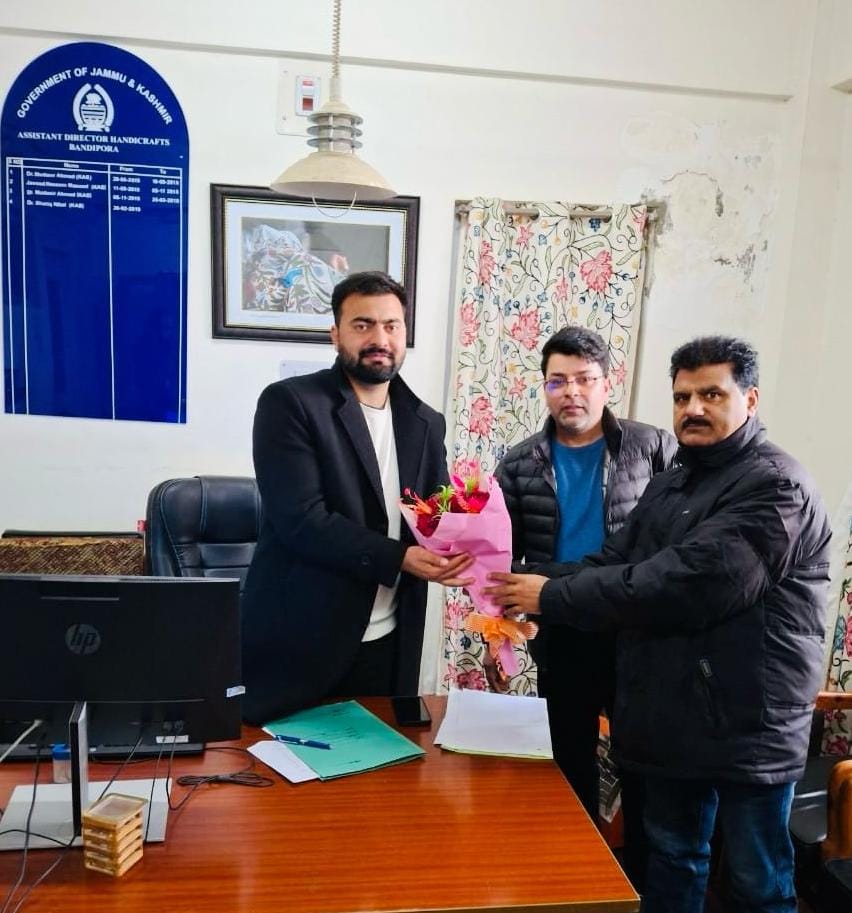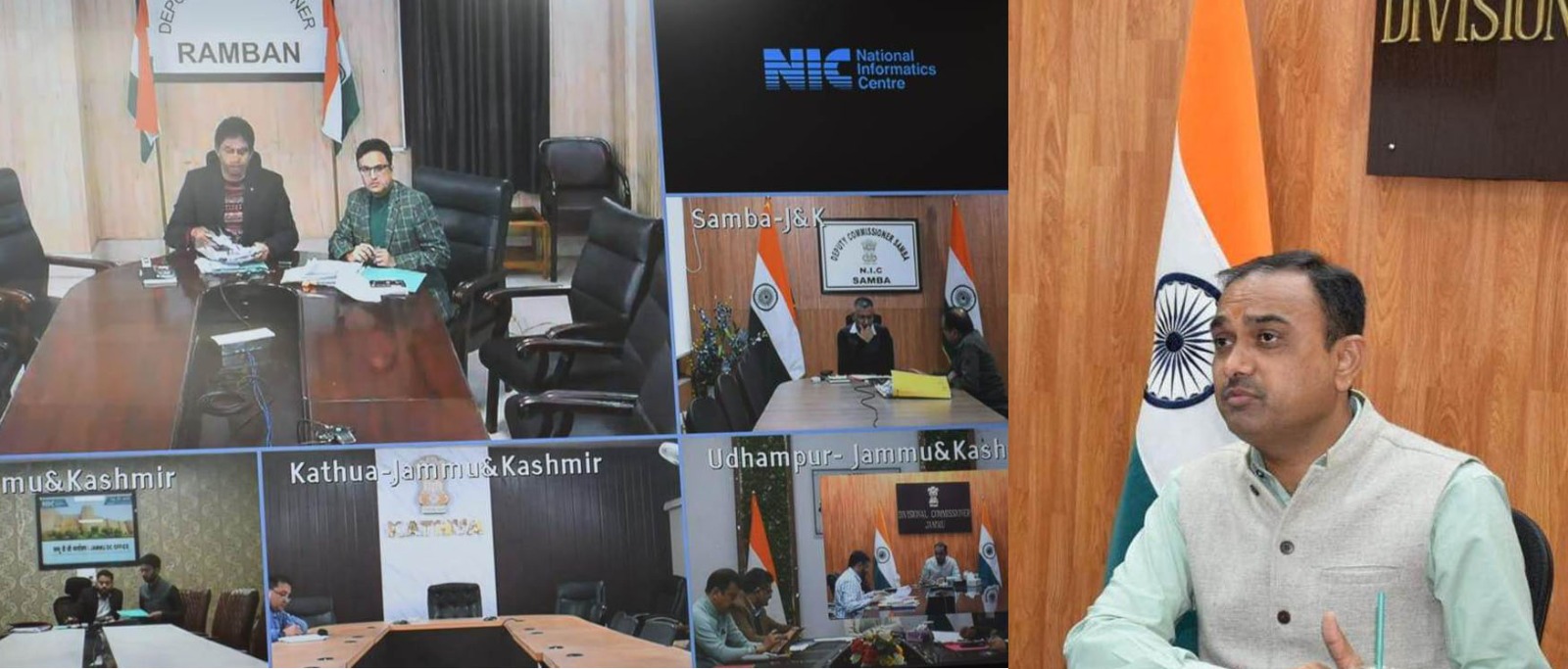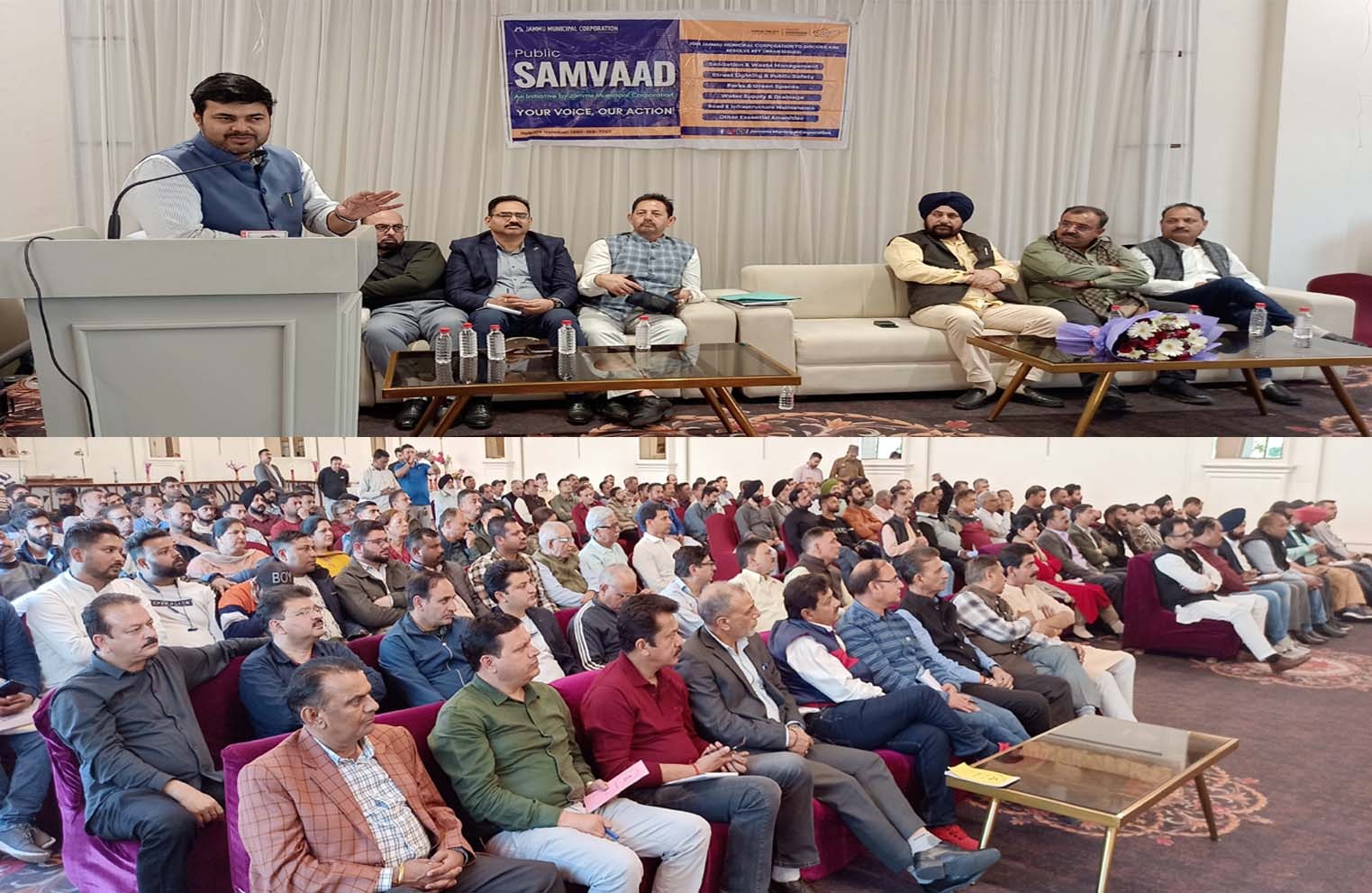Fukushima: Japan External Trade Oganisation (JETRO) recently orchestrated an exclusive tour for global buyers, exploring the seafood offerings in Fukushima and Sanriku. The region boasts unique seafood due to the convergence of warm and cold sea currents. Participants from the USA, Canada, and Singapore joined the event.
Chief Director of JETRO Sendai, Minemura Tadashi emphasised plans to invite foreign buyers to experience the fishing area, taste the seafood, and share insights in their respective countries. “Sanriku is a place where warm current and cold current meet, and there are many fishery resources. In addition, minerals from mountains flow into the sea, and aquaculture is very prosperous. We planned to invite foreign buyers to see the fishing area and market, taste fish, and bring this information back to their countries,” Tadashi said.
Moreover, Oma Tuna fish is the specialty of the Aomori area and is famous across the world. George Peradze, a buyer from Canada said, “This is now too fresh. It’s very, very fresh. It goes to some Japanese restaurants, some high-end French restaurants, and some Italian restaurants.”
Maintaining a cold chain is crucial to maintaining the freshness of the seafood. The foreign buyers also experienced a large, 45-degree freezer used to store fish. A nuclear power plant accident and an earthquake struck Fukushima in 2011. However, seaweed aquaculture is well established in its creek.
“The season for harvesting seaweed has advanced from spring to early winter due to global warming, and fresh nori seaweeds are found in calm environments,” Peradze said. A buyer from the USA, Yoshihiro Momose, said, “I heard that the shipment of seaweed started again in 2018. For seven years, they had not been able to harvest seaweed. I thought that the operators were having a really hard time. I would like to create a business process that includes the thoughts and feelings of operators and explains them to the customers so that they are willing to purchase those products.”
Maruri Foods, a seaweed company, introduced their products to foreign buyers. Junya Abe, sales manager of Maruri Foods, said that they would offer a variety of proposals for using Nori seaweed in dishes for people overseas. “To increase recognition of ingredients, we introduce cooking methods and recipes. We offer a variety of proposals for using Nori seaweed in dishes for people overseas, such as pasta, pizza, and carpaccio,” Abe said.
Sellers are inspired to think creatively and to develop globally appropriate marine products by the advice of overseas buyers, he said. This enthusiasm is the symbol of recovery in Fukushima prefecture.

